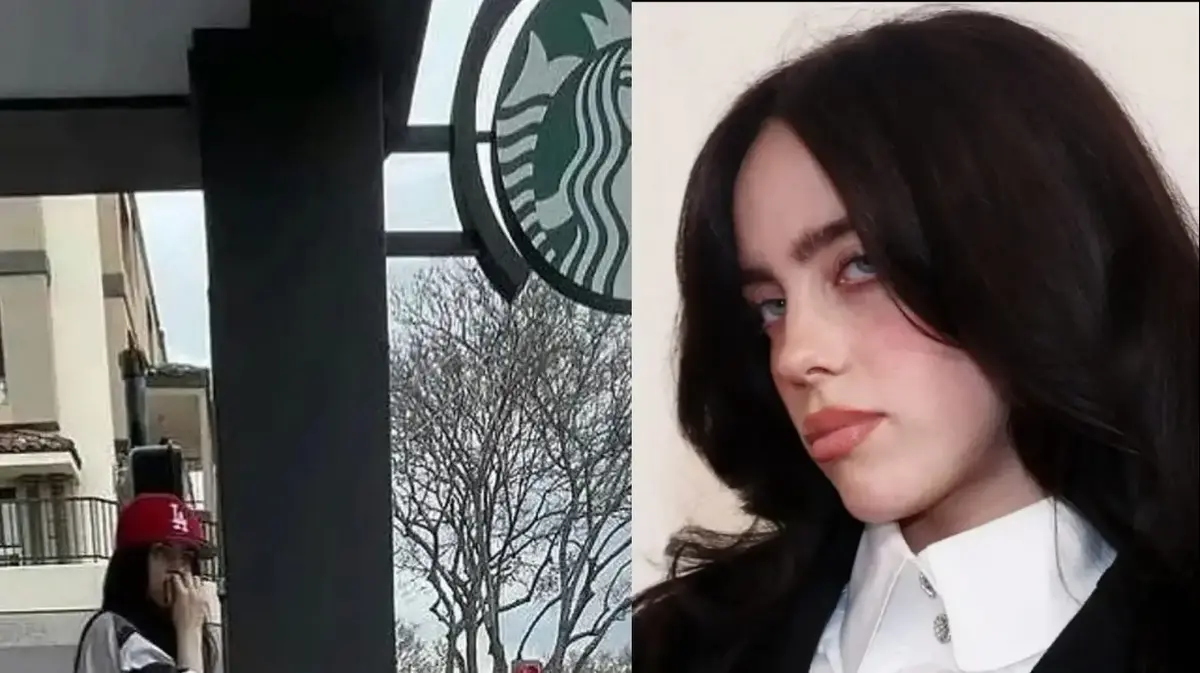There is one thing that everyone seems to agree on: we must do something to tackle climate change.
And there is something that nobody seems to agree on: how we should do it.
There are many proposals on the table that, depending on who you ask, can be very lukewarm or very radical.
For many, the meat-free option falls into the second category.
In the Dutch city of Haarlem, however, the Municipal Council has made a decision that has shaken the 160,000 inhabitants of this small town: ban meat advertising.
This has happened thanks to a motion raised in September by the municipal councilor Ziggy Klazes, of the environmentalist party GroenLinks, which establishes that from 2024 this town, located about 30 kilometers west of Amsterdam, will not have in its bus stops or highways a single advertisement for hamburgers or bacon.
For Klazes, this ban may serve as a stimulus for the Dutch to consider a change in their diet.
As the councilor explained in her responses by email, "the current consumption system is no longer sustainable."
She recognizes that a change of this scale in consumption implies a socioeconomic restructuring, but that it is a "necessity" to achieve a more sustainable lifestyle.
According to the FAO, livestock farming produces 14% of the world's greenhouse gases, mainly methane emissions.
Cattle farming is the most polluting.
Despite the efforts of activists and environmental parties to raise awareness of this problem, the UN assures that meat consumption is increasing throughout the planet: by 2030 it is estimated that it will have grown by 14%.
More information
Consumption advises eating less meat and performing more than 150 minutes of physical exercise a week
The green councilor believes that she has the majority support of the citizens for this unprecedented movement and hopes that other towns can begin to do the same as Haarlem.
According to Klazes, banning meat ads follows the same logic as banning tobacco ads.
With meat there are even more reasons, the councilor believes, since the danger goes beyond the personal sphere and encompasses the entire planet.
In the Netherlands, as in other European Union nations, tobacco cannot be advertised because it represents a health hazard.
It is true that, being a small city, the environmental measures taken in Haarlem do not pose a threat to the meat industry.
Klazes knows this, but does not consider the motion to be minor for that.
His party wants to promote the same measure in other cities to start a paradigm shift in Dutch culture.
"I'm sure the 600 million animals that are slaughtered every year in the Netherlands would appreciate it," he says.
Her country is the largest exporter of meat in the European Union, but also where meat substitutes are consumed the most throughout the continent, according to the NGO ProVeg.
In Spain, meat consumption is one of the highest in all of Europe.
This reaches 50 kilos per year per person, according to the Ministry of Agriculture, Fisheries and Food.
An initiative like the one in Haarlem would hardly see the light of day in Spain, especially if we remember the stir caused by Minister Alberto Garzón with his call to reduce meat consumption.
At least for now, because if there is one thing that experts agree on, it is that the climate crisis will force the entire world to make radical changes.
Subscribe to continue reading
read without limits
Keep reading
I'm already a subscriber















